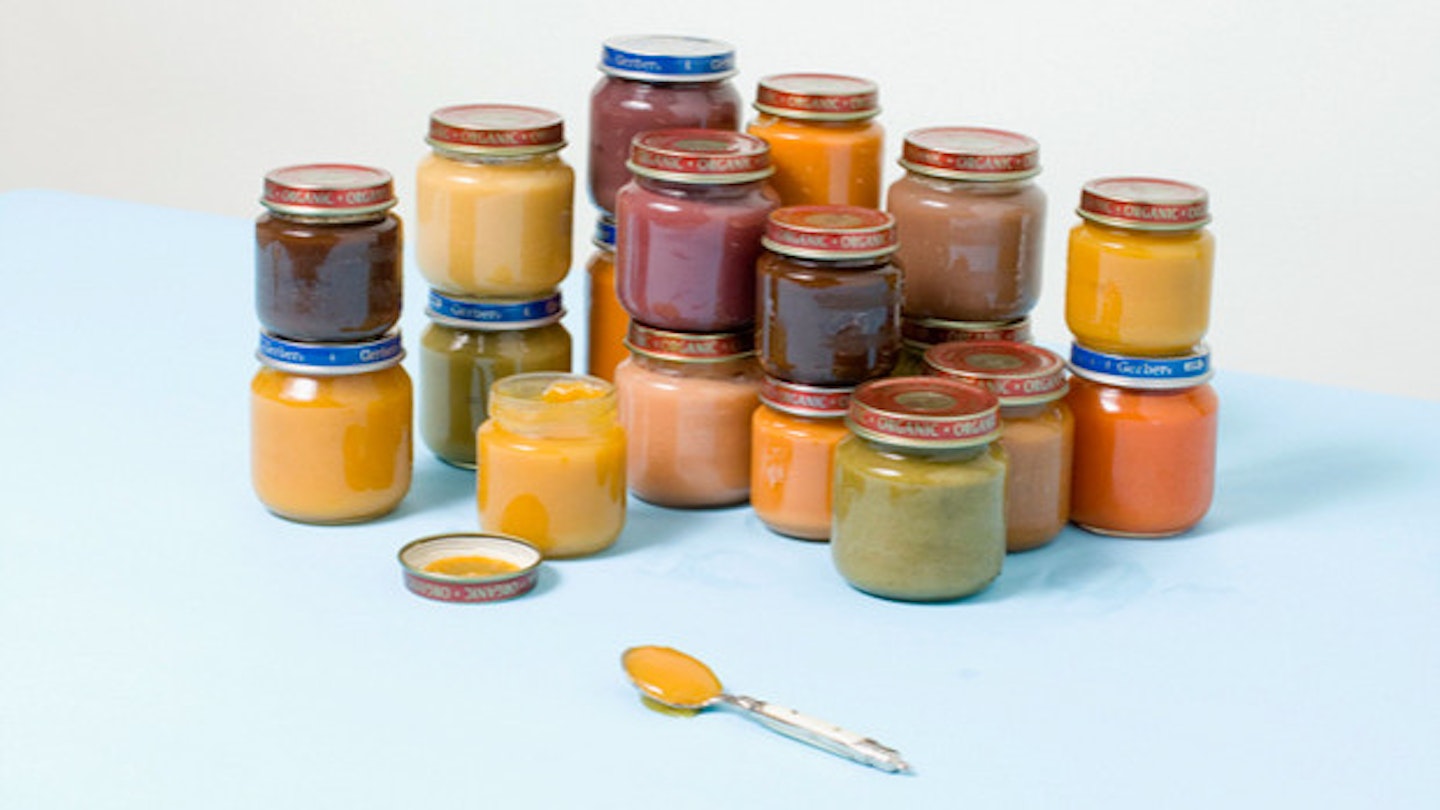Piercing eyes, a quiff and a slightly adorable look on his face. It’s Sam Smith, but not as you’ve seen the Grammy-award winning crooner before. He’s sharp-jawed and stubbly and his newly-slender hand is pointing towards a book. That book is called Eat Nourish Glow, and he’s posing for a photo to share to his 3.2 million fans on Instagram. Why? He wants to tell them all something: ‘Three weeks ago I met a woman who has completely changed my life. Amelia Freer has helped me lose over a stone in 2 weeks and completely transformed my relationship with food. Everyone go check out her incredible book, and start to live healthy. It’s not even about weight loss, it’s about feeling happy in yourself.’
Amelia is a nutritionist who recommends people eat things like pizza (with a cauliflower base instead of bread), fish pie (with broccoli instead of potato mash), crab and avocado pasta (with courgetti instead of spaghetti) and a hell of a lot of avocadoes and eggs.
Her book is a bestseller over here and three days after Sam’s post, when it had racked up 150,000 likes, the US arm of her publisher, Harper Collins, reversed their decision to not publish the book over there.
Celebrity-endorsed diets have a massive sway, clearly. But what do they mean for fans, followers, and even those who just happen to catch a glance of Sam’s newly-slender frame in the papers? Weight gain and loss amongst celebrities is such a focal point of our attention, and always has been, but in an age of social media, where shared images are so frequently blamed for young women having a poor self-image, how is it affecting us now?
READ MORE: Vagina Piercings To Be Classed As FGM Under New Guidelines
It still needs noting that celebrities’ diets are very rarely the cause of eating disorders; and there’s a difference between medical, diagnosed eating disorders like anorexia nervosa and bulimia and problems with body image. As eating disorders charity Beat puts it, ‘Eating disorders are caused by a complex interplay of multiple factors. The influence of cultural ideals such as celebrities’ “perfect” bodies does not directly cause eating disorders, but can be toxic for susceptible individuals and make it harder for people to recover.’
It’s totally worth looking at how a wider culture of pressure on women (and it is, mostly, women) leads too many to control their bodies via eating habits to the point of illness. But right now, we’d like to look now at the thick end of the wedge, where a majority of mentally healthy women look to the guidance of supposed role models to adapt their body and risk becoming physically unhealthy in the process.
‘How do you know that the diet you’re following is a healthy eating plan?’ Jenny Rosborough, registered nutritionist, tells The Debrief: ‘Role models can be helpful but unless we knew the registered nutritionist or dietician behind it, it would be hard to say that it was a healthy choice.’
‘The most concerning thing is the idea around where poeple are getting their nutrition knowledge from. Magazines and newspapers feature people with no nutrition or dietician background, who’ll recommend things like the natural sugars in maple syrup, which isn’t that healthy for people.’
There’s no ‘quick fix’ solution to many people’s weight loss, she says, especially when they don’t have the time or money a celebrity might have to put into their image. In fact, Hannah, 27, has lost 22 pounds in the past three months by going against what a celebrity seemed to recommend as a diet: ‘Lily Allen completely reinvented herself and looked thin and trendy and relevant in like a year; I read an article that said she’d lost 42 pounds. And so I wanted to do the same; I was overweight and needed to lose at least two stone.'
READ MORE: Boys Should Tell Girls They're Pretty Because It'll Make Them Worry Less, Apparently
But while Hannah used Lily for inspiration, she did not do her actual diet: ‘She said that she didn't juice, she'd just lost the weight from eating crisps, which you just know is a lie. So I didn't follow a plan of hers but just used her weight as a guideline. I loosely based my diet on the 5:2 but mainly used common sense knowing that if something tastes good you probably shouldn’t eat it.’
We’ve all heard tonnes of comments surrounding celebrities and their eating habits. On the one side you’ve got model Cara Delevingne bigging up burgers and bacon (she's got 'bacon' tattooed on her foot) but still appearing a size 8 and drawing sceptical responses under articles such as 'The burger was followed by 12 bisacodyl tablets, 4 Fybogel sachets, 1 litre of Picolax solution a gallon of prune juice and a colonic irrigation, after which she was heard to remark, "Ahhhhhhhh, that hit the spot!"'
And then you've got celebrities who were previously happy with their size, now saying they're so happy to be another size. Take, for instance, Jesy from Little Mix, who said in 2012: 'I'm not going to change!', but then lost two stone, uploading crop-top selfies to Instagram. And resulting in other comments chiming in: 'Jesy was never fat in the first place'.

The lack of openness that comes from celebrities losing weight – themselves just people under an enormous amount of pressure to look ‘right’ – can really let down their fans, says Lucie Cave, Editor-In-Chief of Heat magazine: ‘It's about honesty; many Hollywood stars maintain they do “nothing” and it's “just how I was born” when we know they have about a million chefs, personal trainers, yogic gurus (and time!) to reach their goals and look like they do.’
But on the other hand, you’ve got the super-honest celebrities, like Gwyneth Paltrow, whose attempts to explain just how she’s reversed the ageing process – a costly, carefully-planned eating plan and homeopathic remedies – just come across as show-offy. Who can afford her meals, anyway?
Beyond us normals not being able to afford a celebrity’s specific, tailor-made diet - one diet will not work for every person. Jenny, the nutritionist, explains: ‘When people are looking for eating plans that aren’t specific for them, they can be restrictive and not work for that individual.’
Even if you’re circumventing the shock headlines which tell you what the new key to weight loss is (and there’s a new one every day in some papers), and just looking at your favourite celebrity’s Instagrammed diet, it can be just as set-up as that shot of them singing on stage: ‘You can’t get the whole picture when you’re looking at an Instagram post with just a few key things hashtagged.’
READ MORE: New Study Says Your Legs Look Like One Of Five Vegetables. Thanks, Study.
Lucie thinks that fans aren’t even as body conscious as they might seem; the desire to lose weight is secondary to the ever-so-slightly different desire to simply keep up appearances: ‘For some people, emulating what their favourite star is doing - be that a diet, a gym routine, a haircut, or a fancy pair of shoes - simply signifies their love for them. Following a diet they've done is sometimes less about losing weight and more about wanting to be like, or closer to their fave celeb.’
And so if we have more celebrity bodies out there – more than just the ultra slim and the 'curvy' (whatever that means) – a wider variety of body types, then surely people will find new heroes, new people to emulate and copy and eventually, people who they don't even need to copy because they look basically just like them?
Eating disorders and binge eating affect 1.6 million people in the UK. But while the faddy diets; the 5:2, the vegan for 22 days, the Paleo, the Atkins, the South Beach might not have improved our chances of sorting out these mental issues, celebrities are not the ones to blame. Besides the ones stuck in a perpetual fat-thin yo-yo because it gives them workout DVD and magazine deals, so many of the rest are just trying to fit in. Just like the rest of us.
Like this? You might also be interested in:
Boys Should Tell Girls They're Pretty Because It'll Make Them Worry Less Apparently.
Apparently The Mons Pubis Is The New Thigh Gap And Oh My God Get Out
Why Are 18 Million Still So Ashamed Or Our Bodies We Won't Go Near The Gym?
Follow Sophie on Twitter @sophwilkinson
Picture: Stephanie Gonot
This article originally appeared on The Debrief.
